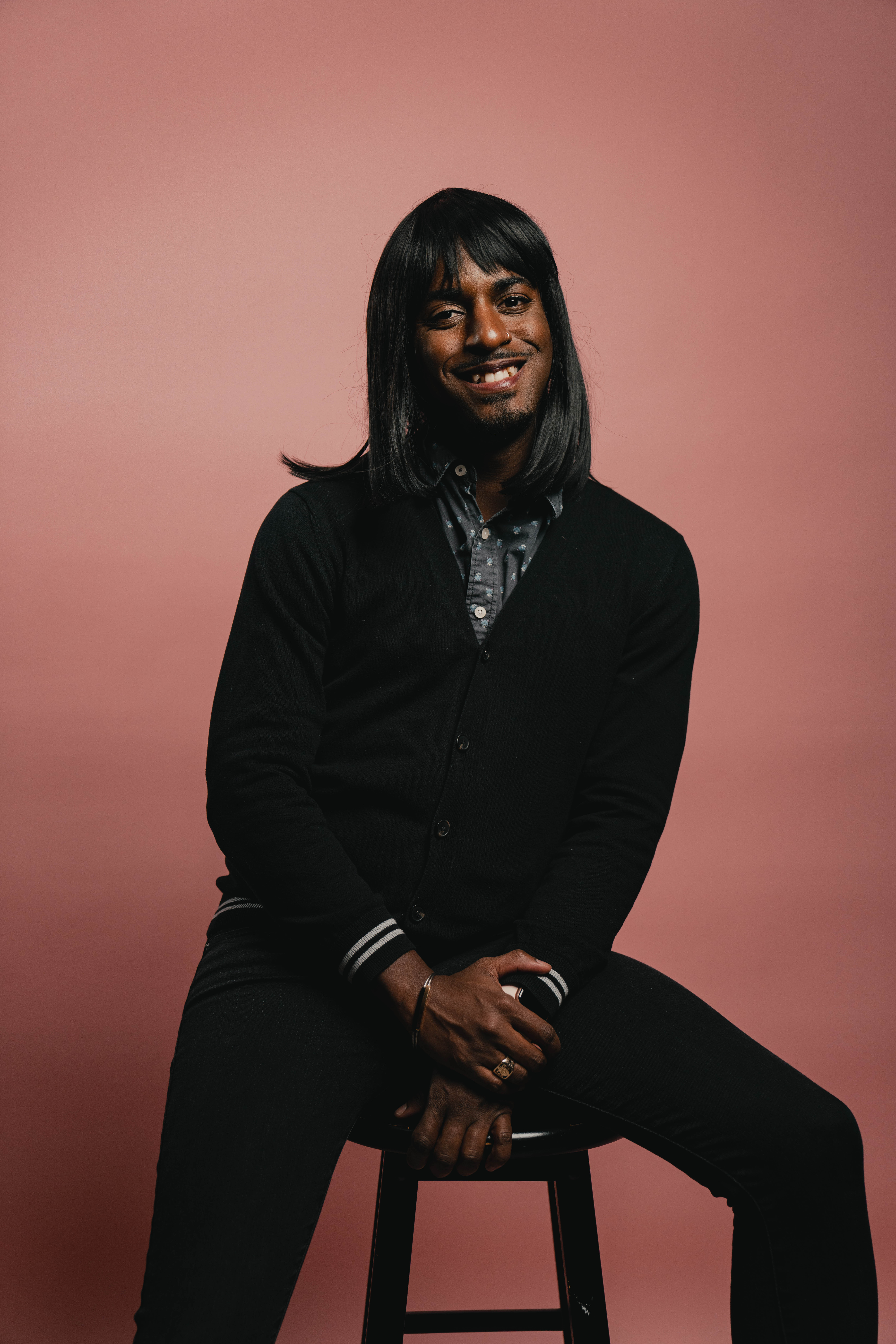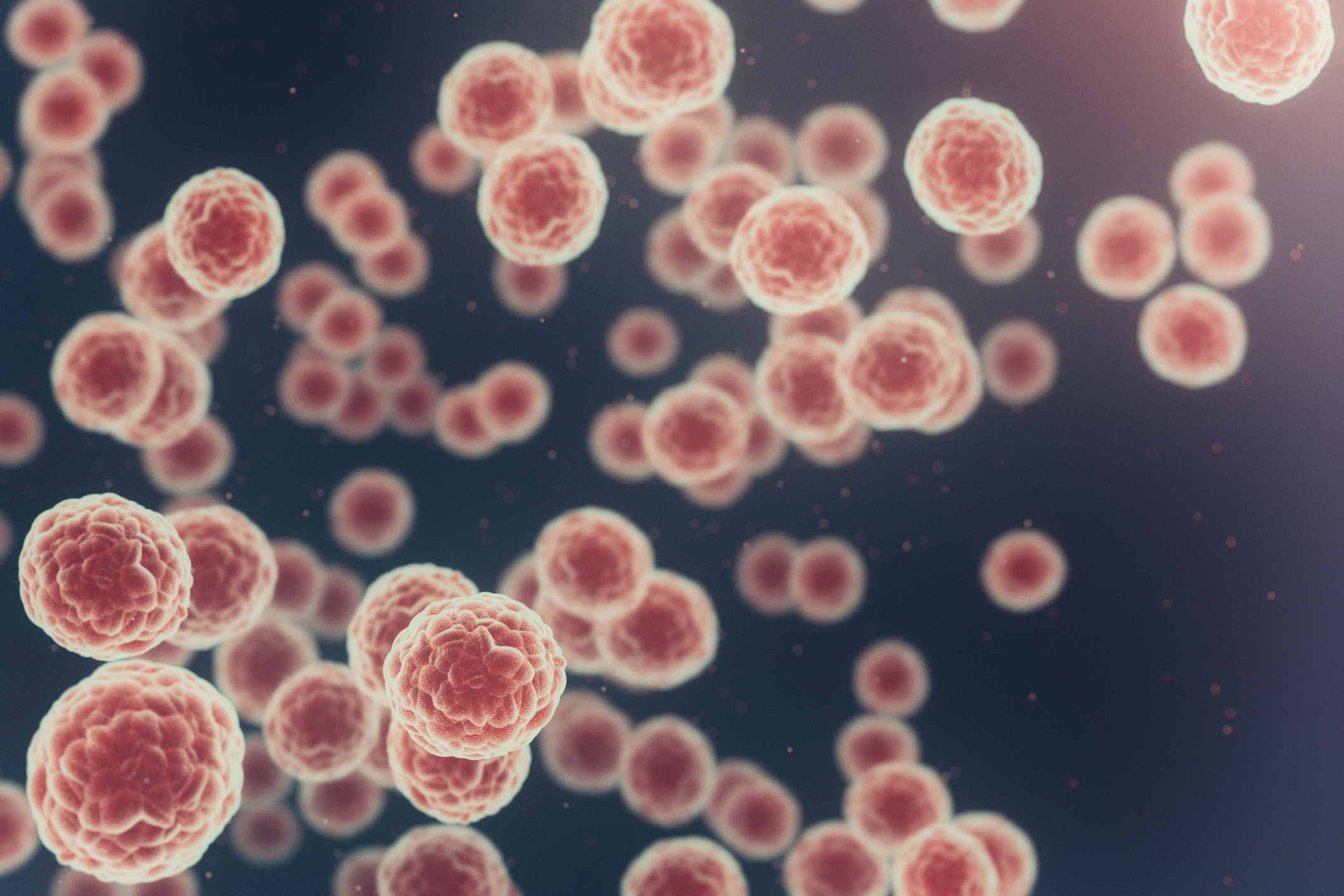Shawn Hercules (SH): My drag name was inspired by Rihanna. So it's “Rawbyn Diamonds.” Rihanna's first name is Robin and Diamonds is, you know, one of her hits. And it sounds like I'm “robbing diamonds,” you know, like it's a great name. So I did a lip sync to that, and I presented on my research. So I called it bringing black women under the umbrella of breast cancer research.
Science World (SW): That’s Shawn Hercules. A postdoctoral researcher at Princess Margaret Cancer Center. Shawn is telling us about a performance he gave at Science is a Drag, an event where scientists challenge heteronormative stereotypes of science with drag performances and interactive science presentations.
SH: Science Is A Drag is an outreach effort, for and by the queer community, because there's not that much representation of queer scientists. Scientific conferences are quite rigid for the most part. People, for the most part, are pretty homogenous in how they present themselves. And we wanted to have a space where queer scientists can express themselves freely without the fear of being judged by other people for their presentation. And essentially, we had scientists doing performances, whether it was a lip sync performance or some other type of performance, and then present their research or some cool science, or something cool about something scientific that they know. And this was just amazing. I loved every second of Science is A Drag.
SW: At the first ever Science is a Drag, Shawn presented their research with a lip sync performance to Rihanna’s Umbrella. Their research seeks to understand and address aggressive forms of breast cancer in women in Nigeria and in Barbados.
SH: I was always fascinated by science. I was always asking my mom, “Okay, so why is the sky blue?” And then she would give an answer and then I would ask another question, followed up by her answer. And not just, “Why is the sky blue?” Just… everything. I was curious about everything. I still am curious about everything. And I realized that the more I found out, the more I wanted to explore.
SW: Now, the questions Shawn asks are a little different, and are aimed at understanding how to develop prevention tools for women at high risk for breast cancer.
SH: When I traveled to Nigeria for my research, I was able to visit multiple hospitals and health centers and collaborate and work with the clinicians there. And I really felt a strong sense of purpose being there, because not only were we able to conduct some really good science by collaborating with these physicians and using these breast cancer samples for our analysis, we were also able to collaborate with other groups, which helped some of these hospitals to get increased funding to conduct the experiments for breast cancer detection.
SW: For Shawn who was raised in Barbados, being involved in this research was also a way to give back to their community, and celebrations like LGTBQ+ STEM Day are important to them because they highlight the importance of representation in STEM.
SH: You can be queer and you can be a great scientist, and lots of people don't really see that intersection, um, in their daily lives or within the scientific community. And it's a way that we can elevate those voices. It's a way that we can have more diverse views, um, more diverse research happening as well. Because if we have more diverse voices, we can ask more diverse questions. Um, we can conduct our experiments in different ways that we never thought of before because we perhaps weren't given that chance or that pedestal to be seen.

